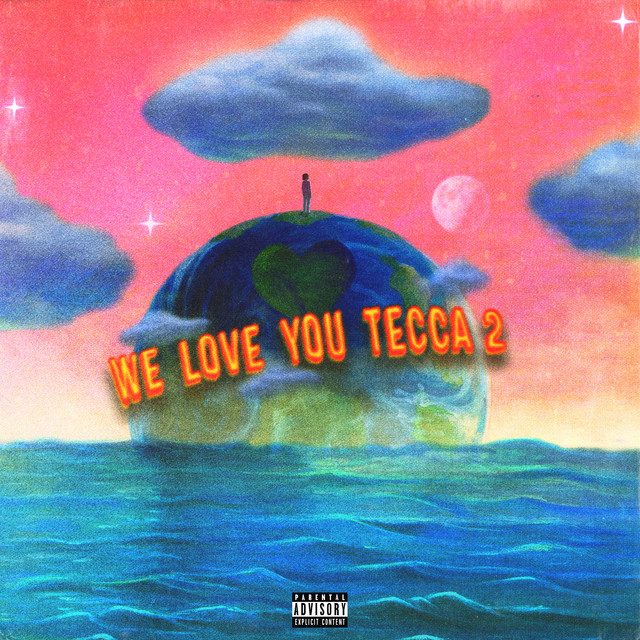Released: 2020 • Features: Internet Money
“Out Of Love” by Lil Tecca, enhanced by Internet Money, is a social commentary dipped in withdrawal, presenting a critique on materialism within the culture and a declaration of Tecca’s self-commitment. The recurrent theme of love entangles itself with a sense of disenchantment about the world’s genuine priorities, its misplaced affections, and Tecca’s personal journey from being an outcast to a major player in the game.
Starting with, “It’s my love, it’s your love, it’s our love / And I be thinkin’ the world is out of love”, Tecca surmises a shared disillusionment about the universal state of affairs. He sees the world ‘out of love’, a lament almost, on the apathy and materialistic obsessions dominating the cultural landscape. The juxtaposition of love and out of love signifies a sense of loss, perhaps of authenticity and depth in personal and societal relationships.
The line, “Everybody want the same thing / New chain, new car, and the same ring,” amplifies the monotony and materialistic tendencies within the culture. Tecca points at the shallow desires that seem to dominate, everyone chasing the same material trophies. A new chain, car, or ring symbolizes status, but he delivers it with a tone of blandness, signaling the lack of depth in such pursuits.
Chanting “Rollie, Rollie, Rollie, I just want a plain Jane”, Tecca references a Rolex, a haute symbol of success. But he wants a plain one, not adorned with diamonds, showing his approach to success, stripped from the flamboyance associated with rap culture. The term “plain Jane” is a nod to a vanilla, no-frills Rolex, mirroring his desire for simplicity amidst the chaos.
Tecca then flips the script on his relationships, “She wanna pop it, lock it, drop it / I’m so up, stop it”, suggesting encounters with women interested in his success rather than him. There’s a hint of frustration, rebuffing their advances, signaling a shift from the doe-eyed romantic to a disillusioned artist.
Further, he addresses his past when he spits “Sixth grade up in two thirty-one with my fellas / Since out when I moved out the hood, we all fell out”. It’s a nostalgic trip back to his school days and how relocating from his hometown led to falling out with old friends, a consequence of his emerging fame.
The chorus, “No, no, don’t hit me up, hit me up”, is a bold declaration, signaling his withdrawal from both the materialistic tendencies he criticizes and the toxic relationships that stem from his fame. It’s revealing of Tecca’s drive to remain committed to himself.
In the final line, a stark contrast from the start, “I’m gettin’ love from up above / No, no, don’t hit me up, hit me up”. It now becomes clear that Tecca seeks approval from a higher power, presumably a spiritual force or inner consciousness, rather than societal validation. For our young emcee, the path to success is not just material, but intrinsically linked to self-growth and commitment to self-artistry.







